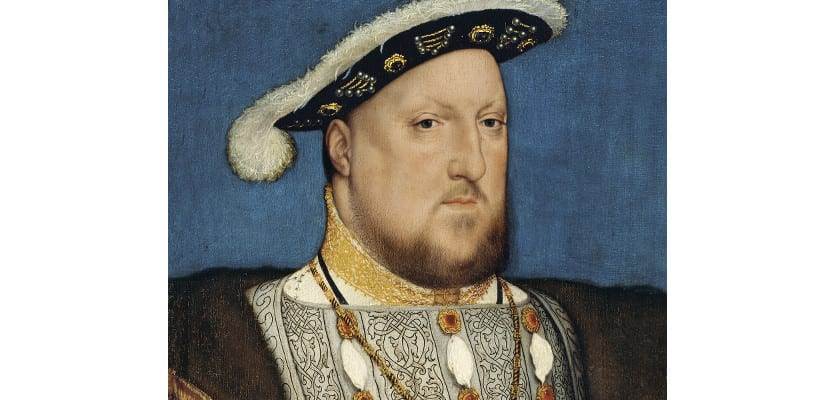
Henry VIII
The monarchy is a form of government whose origin dates back thousands of years. Despite its age, there are currently 27 countries that maintain it, including the United Kingdom, Japan and Morocco.
When a country is based on the monarchy, sovereignty rests with a single person whose position is for life (for life) and generally hereditary. However, not all monarchies have the same power over their people. Their limitations vary depending on whether they are absolute, constitutional, parliamentary or hybrid monarchies.
At first, monarchs claimed to have divine ancestry (as is the case in ancient Egypt) or having been designated by divine will (the kingdoms of medieval Europe), so few dared to question that the fate of an entire country was in the hands of a single person, but from the seventeenth century that changed. Its power was reduced more and more because of the constitutional dispositions and the parliamentary incursions.
In the XNUMXth and XNUMXst centuries, the monarchy became more of a symbol of national unity that of real power, which in most cases has been transferred to the constitutional assemblies. And there are still countries with absolute monarchies, as is the case of Brunei, Oman, Saudi Arabia and Swaziland, where monarchs exercise power without restrictions.